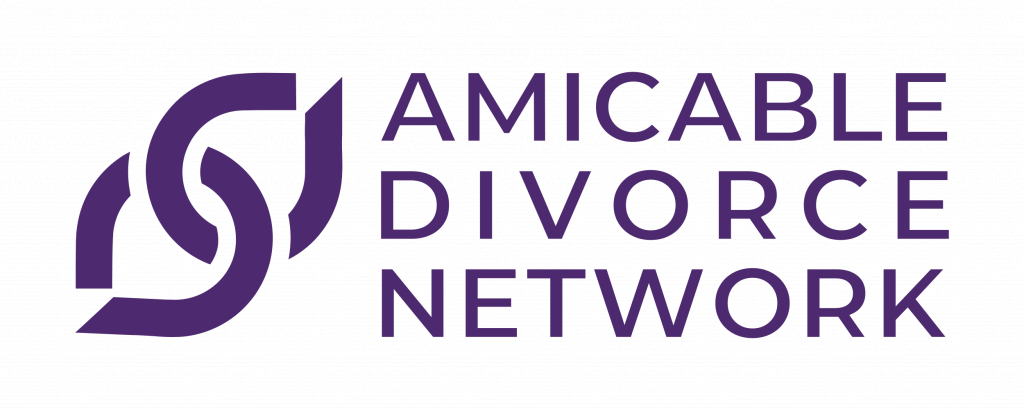Women Breadwinners: What Divorce Professionals Need to Know

More women are primary earners in their households, so divorce professionals are increasingly navigating new dynamics around income, power, and expectations. Traditional assumptions about financial responsibility, spousal support, and parenting roles can quickly become outdated, and if not addressed with sensitivity and precision, they can lead to tension and missteps in the divorce process.
In this article, ADN member Meredith Moore of Artisan Financial Strategies shares essential guidance for working with women breadwinners, offering insight into how divorce professionals can better serve and support this growing demographic with clarity, respect, and strategic financial planning.
What Divorce Professionals Need to Know About Women Breadwinners
“She’s smart. She’s successful. She’s financially stable. So why is she unraveling?” It’s a question I’ve heard countless times from divorce attorneys and mediators when they’re working with women breadwinners.
From the outside, these women appear to have it all together: Successful careers, retirement savings, and bills like school tuition on autopilot. But peel back the financial spreadsheet, and what often surfaces is a deep emotional burden no one prepared them for.
As a financial strategist who has spent over two decades + advising high-achieving women—and as someone who is a woman breadwinner—I’ve seen firsthand how the silent strain of role reversal, identity shifts, and guilt can profoundly affect the way women navigate divorce.
And these challenges don’t just affect them emotionally. They can completely derail financial decisions.
The Silent Strain: What Divorce Professionals Need to Know About Women Breadwinners
How role reversal, guilt, and identity loss can derail even the most financially capable clients, and what divorce professionals can do differently
The Myth of the “Strong Woman” in Divorce
There’s a cultural archetype we all know: the competent, educated woman who doesn’t “need” help. But the reality is that many women breadwinners silently carry the weight of multiple roles—provider, mother, leader, planner—and divorce adds another layer of emotional upheaval.
She may be the one who asked for the divorce.
She may be the one who pays alimony.
She may be the one who “looks fine.”
But inside, she’s often asking:
Who am I if I’m not holding this all together?
The pressure to remain composed, productive, and financially stable, while also grieving the end of a marriage, can lead to self-sabotage in negotiations, rushed settlements, or paralyzing indecision.
Guilt: The Quiet Underminer
Breadwinning women often feel guilt in two directions:
- Guilt for not being more emotionally available during the marriage
- Guilt for being “too successful” in the eyes of family or society
- Guilt for how divorce may affect their kids or aging parents
This guilt can show up in divorce negotiations as over-concessions or hesitation to advocate for themselves. One client, a C-suite executive, nearly gave up a significant portion of her retirement account simply because she “didn’t want to make things harder” on her ex-husband.
That’s not strategy. That’s guilt speaking.
The Identity Crisis No One Talks About
Divorce isn’t just the end of a relationship; it’s a rupture in identity.
For many women breadwinners, their financial success was hard-won. It’s not just income, it’s identity. So when divorce disrupts the narrative they’ve built for themselves (“I provide. I succeed. I lead.”), the psychological impact can be disorienting.
I’ve sat across from women who’ve said things like:
“I can’t believe I let this happen.”
“I thought I was smarter than this.”
“I’m great at managing risk in my business—why does this feel so hard?”
As professionals, we must recognize this isn’t just a legal or financial matter. It’s personal. Deeply so. And acknowledging that truth opens the door for more empathetic, client-centered support.
What Divorce Professionals Can Do Differently
If you’re a family lawyer, mediator, or other divorce professional, here are three ways you can better support women breadwinners in this process:
1. Pause the Productivity Bias
These clients often rush through decisions to avoid feeling stuck. Encourage reflection. Recommend financial planning partners who can model different scenarios and timelines to reduce panic-based decision-making.
2. Normalize the Emotional Fallout
Even high-functioning clients need permission not to have it all figured out. Normalize that. Offer them space and encourage collaboration with advisors who understand the unique pressures of leadership roles.
3. Bring in a Financial Strategist Early
Don’t wait until assets are being divided to bring in financial expertise. When advisors are looped in early, we can model future income, look at tax impacts, optimize RSU or equity compensation strategies, and ensure the divorce sets a client up, not tears them down.
A Call for Collaboration
Divorce doesn’t have to dismantle a woman’s financial future. With the right support and guidance, it can mark the beginning of a more confident and empowered chapter. For women breadwinners, that journey often involves complex financial decisions, requiring scenario planning, tax optimization, and a long-term strategy that goes beyond the settlement.
By working together, divorce professionals can ensure that clients are not only protected during the process but also positioned to thrive in the years ahead. Collaborative planning provides clarity, reduces stress, and helps build a stronger foundation for life after divorce.
Thank you to Meredith Moore for sharing this valuable perspective. To learn more about her work with women breadwinners and her approach at Artisan Financial Strategies, visit https://artisanfsonline.com/about.
